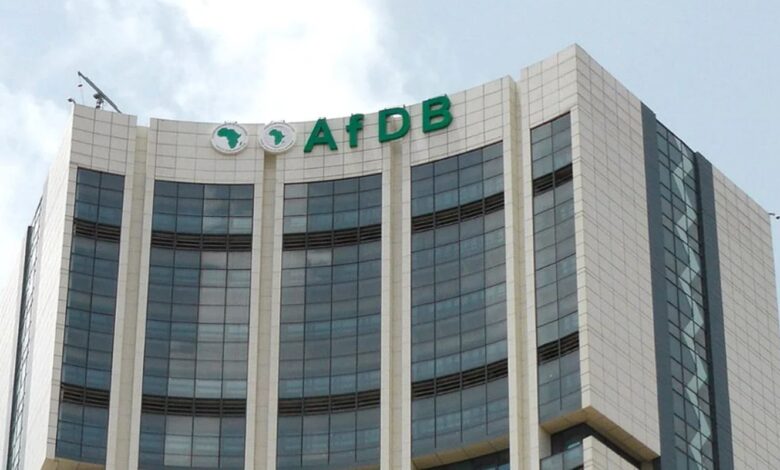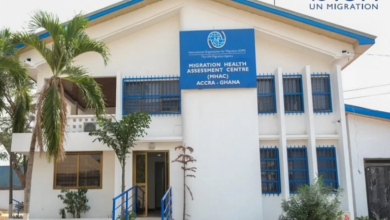AfDB Approves $6m Grant to Strengthen Africa’s Disaster Preparedness Capacity

The African Development Bank Group has approved a US$6 million grant to strengthen the continent’s disaster preparedness and risk financing systems through support to the African Risk Capacity (ARC) over the 2025 to 2026 period.
Approved on October 29, the funding is being provided under the Bank’s African Disaster Risk Financing Initiative (ADRiFi). It is expected to reinforce ARC’s ability to provide core capacity-building and disaster risk financing services to the Bank’s regional member countries.
The initiative seeks to help African governments shift from reactive disaster response to proactive planning and preparedness. It will focus on improving national technical expertise and enhancing institutional capabilities in disaster risk management. Areas of support include evidence-based risk assessment, strengthening early warning systems, and providing training for policymakers, technical teams and other government actors who manage disaster response frameworks.
A major emphasis of the project will be on helping countries plan and allocate resources for emergencies more efficiently. This includes supporting the development of robust institutional structures that enable governments to coordinate rapid and effective responses when droughts, floods, cyclones or disease outbreaks occur.
The ARC will also work to expand participation in its sovereign insurance risk pool. This will involve deeper engagement with member states, the introduction of new climate risk insurance products and support for countries to meet insurance premium requirements. High-level advocacy will be undertaken to encourage member states to ratify the ARC Treaty and to finalise work programmes that align with national disaster preparedness strategies.
Implementation will cover all ARC member states, with particular attention to regions most vulnerable to climate-related shocks. Policymakers, disaster response experts and civil servants will benefit from targeted training in risk modelling, contingency planning, inclusive disaster response approaches and monitoring and evaluation systems.
The African Development Bank says the grant underscores its commitment to helping African countries reduce their vulnerability to climate and disaster risks, strengthen national resilience and protect development gains from recurring natural hazards.




